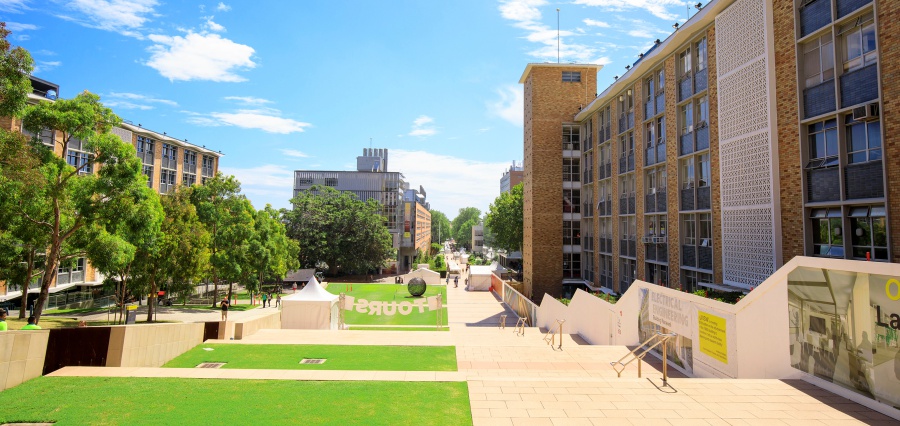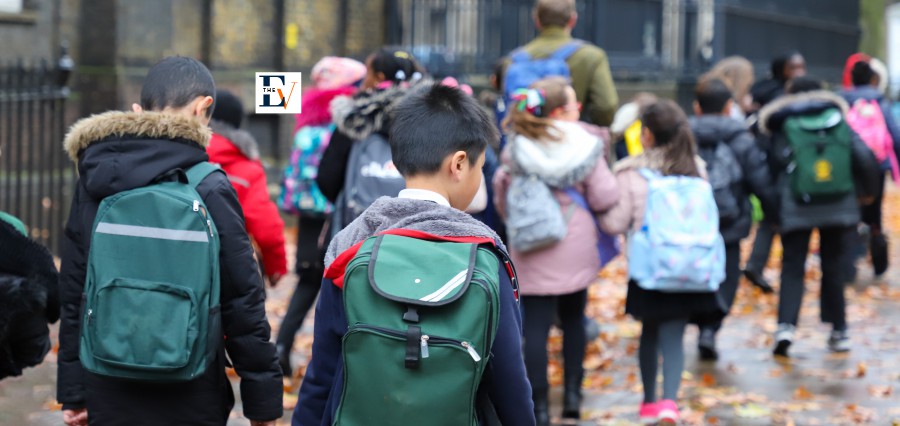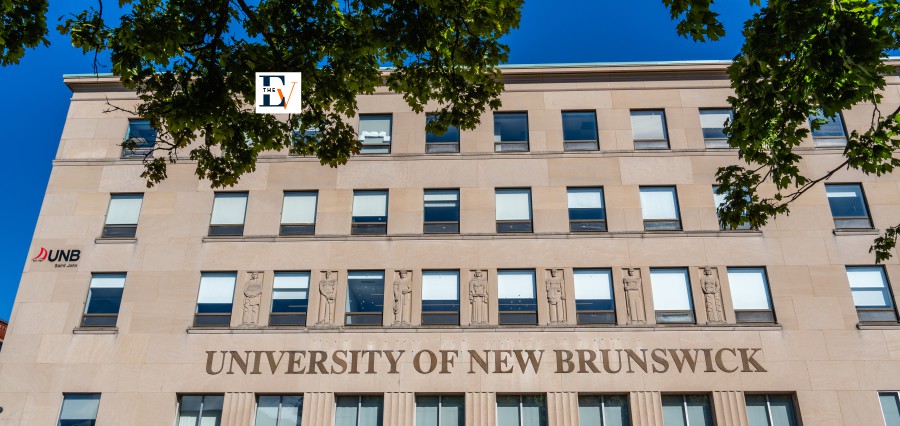Teacher Training for Inclusivity
The education sector in Washington is as diverse as its population. With students coming from various cultural, linguistic, and socio-economic backgrounds, Washington schools face the significant challenge of meeting the varied learning needs of every student.
Diverse learning encompasses not only cultural diversity but also differences in learning abilities, styles, and paces. As such, educators must be equipped with the skills and knowledge to address these differences effectively.
The demand for inclusivity in education has never been more pressing. Inclusivity refers to the practice of ensuring that all students, regardless of their backgrounds or abilities, have equal access to learning opportunities. This practice is rooted in the belief that diversity in the classroom is a strength, not a challenge.
As Washington schools strive to create an environment where every student can succeed, the role of teacher training becomes paramount. Educators must be prepared to adapt their teaching methods to accommodate diverse learning needs, which requires ongoing professional development and a deep understanding of inclusivity.
The correlation between teacher training and the ability to meet diverse learning needs is critical. Without proper training, even the most well-intentioned educators may struggle to provide the necessary support for their students. Therefore, it is crucial to examine the current state of teacher training in Washington schools, explore strategies for improvement, and consider the future of inclusive education.
Understanding Diverse Learning in Washington Schools
The Demographics of Washington Schools
Washington’s student population is a microcosm of the broader national demographic trends. According to recent data, over 40% of students in Washington schools are from minority backgrounds, with a significant number of English Language Learners (ELLs).
Additionally, there is a growing number of students with disabilities, each with unique learning requirements. This demographic shift has made it imperative for educators to be proficient in handling diverse classrooms.
The Impact of Diverse Learning Needs
Diverse learning needs in Washington schools manifest in various ways. Some students may require special education services due to cognitive or physical disabilities, while others might need language support to grasp the curriculum.
Some students thrive in non-traditional learning environments, such as those that incorporate hands-on or experiential learning. The challenge for educators lies in balancing these needs within the same classroom, ensuring that no student is left behind.
Teacher Training for Inclusivity
Current State of Teacher Training in Washington
Teacher training programs in Washington have made strides in incorporating elements of diversity and inclusion. However, there is still room for improvement. Many teacher preparation programs offer courses on cultural competency and inclusive teaching strategies, but these are often not enough to fully equip educators for the realities of a diverse classroom.
In-service training, provided by school districts, varies widely in quality and frequency, leading to inconsistencies in how well educators are prepared to meet diverse learning needs.
Key Components of Effective Teacher Training
To adequately prepare educators for diverse learning environments, teacher training programs must go beyond the basics. Effective training should include:
- Cultural Competency Training: Understanding students’ cultural backgrounds is crucial for creating an inclusive classroom environment. Educators should be trained to recognize and value cultural differences, using them as a tool to enrich the learning experience.
- Differentiated Instruction Techniques: Differentiated instruction involves tailoring teaching methods to meet the diverse needs of students. This includes adjusting the content, process, and products of learning based on individual student profiles.
- Universal Design for Learning (UDL): UDL is a framework that guides the design of learning environments to be accessible to all students. It emphasizes multiple means of representation, engagement, and expression, allowing students to interact with the material in ways that suit their learning styles.
- Behavioral Management in Diverse Classrooms: Managing a classroom with diverse learning needs requires specific strategies. Teachers should be trained in positive behavior support and culturally responsive classroom management techniques.
- Collaboration and Co-teaching Models: For students with special needs, collaboration between general education and special education teachers is essential. Training should include strategies for effective co-teaching and collaboration with other support staff.
Challenges and Barriers to Effective Teacher Training
Despite the progress made, there are still significant challenges in preparing educators for diverse learning in Washington schools. One of the primary barriers is the lack of time and resources dedicated to professional development.
Teachers are often overwhelmed with their daily responsibilities, leaving little room for ongoing training. Additionally, there is a need for more consistency across school districts in terms of the quality and availability of training programs.
Future Directions: Building a More Inclusive Education System
Integrating Technology into Teacher Training
The future of teacher training in Washington schools lies in the integration of technology. Online training modules, virtual classrooms, and simulation tools can provide educators with flexible and interactive learning experiences. These tools allow teachers to practice new strategies in a controlled environment before applying them in their classrooms.
Additionally, technology can facilitate collaboration among educators, enabling them to share resources and best practices across districts.
Policy Recommendations
To ensure that all educators in Washington schools are prepared to meet diverse learning needs, policymakers must prioritize inclusivity in education. This includes mandating comprehensive cultural competency and differentiated instruction training for all teachers, both at the pre-service and in-service levels.
Additionally, there should be a focus on providing ongoing support for educators, such as mentoring programs and professional learning communities.
End Note
Preparing educators to meet the diverse learning needs in Washington schools is both a challenge and an opportunity. Teacher training for inclusivity is essential in creating an educational environment where every student can thrive. By focusing on cultural competency, differentiated instruction, and the integration of technology, Washington schools can lead the way in inclusive education.
The future of education in Washington depends on our commitment to diversity and inclusivity. As schools continue to evolve, so must the training and support we provide to our educators. By investing in comprehensive and continuous professional development, we can ensure that all students, regardless of their backgrounds or abilities, receive the education they deserve.






